The eagerly awaited appearance of the beloved grizzly, Otis, at Katmai National Park’s salmon run had fans on the edge of their seats this year. While wild bears like Otis typically make their grand entrance in late June, this year was an exception – with a July debut. But Otis wasn’t just fashionably late. Experts point to climate change as the primary cause of this delay.
Changing climate conditions, particularly rising ocean temperatures and the challenges of overfishing, have set back the salmon run, making our furry friends wait a tad longer for their fishy feast.
Candice Rusch, a spokesperson with Explore.org which runs the live cameras at Katmai National Park, observes that the salmon run has been shifting deeper into July. This shift poses a challenge for bears, like Otis, who now have less time to feast and fatten up before winter.
Alaska’s Bristol Bay, renowned as the world’s last sanctuary for sockeye salmon, is witnessing an unsettling decline in the number of salmon returning from the open sea. The culprit? Marine heatwaves caused by Climate change, which drastically alter the ecosystem.
These bears, while diverse eaters who munch on sedges and clams and even dig around meadows for food, predominantly rely on salmon in the latter part of the summer.
As fans of the viral Fat Bear Week competition know, Otis, having won the crown of the ‘Fattest Bear’ four times, is not new to the park’s limelight.
Despite being one of the oldest bears, his resilience and adaptability shine through, especially when he made his appearance this year looking leaner than ever but started fishing within half an hour of his arrival.
The story of Otis underscores the interconnectedness of our global ecosystem. To ensure that we continue to enjoy the annual spectacle of bears like Otis returning to Katmai National Park, it’s vital to address and mitigate the impacts of Climate change.
Our environment, marine life, and even Otis’s timely salmon feasts depend on it.
This article by Nicholas Vincent was first published by OneGreenPlanet on 2 August 2023.
What you can do
Support ‘Fighting for Wildlife’ by donating as little as $1 – It only takes a minute. Thank you.
Fighting for Wildlife supports approved wildlife conservation organizations, which spend at least 80 percent of the money they raise on actual fieldwork, rather than administration and fundraising. When making a donation you can designate for which type of initiative it should be used – wildlife, oceans, forests or climate.


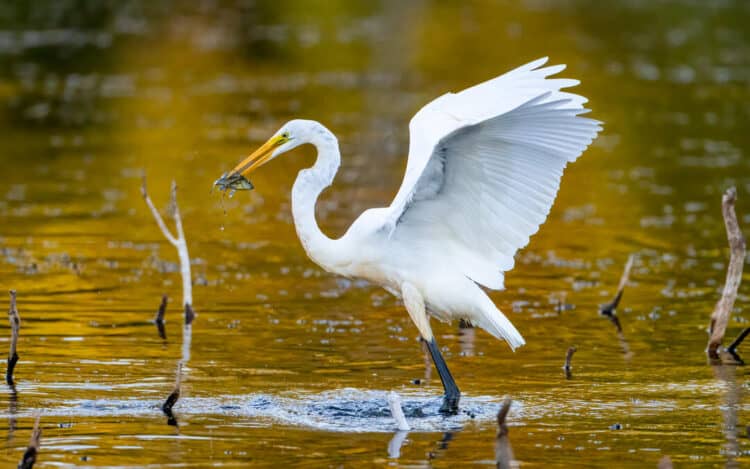
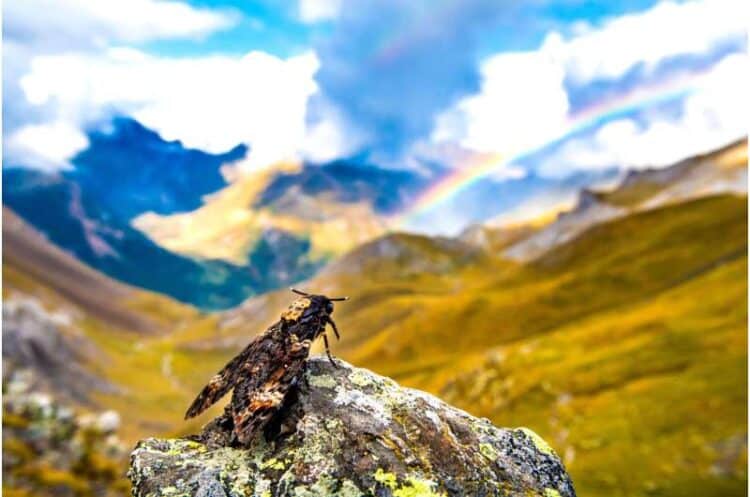
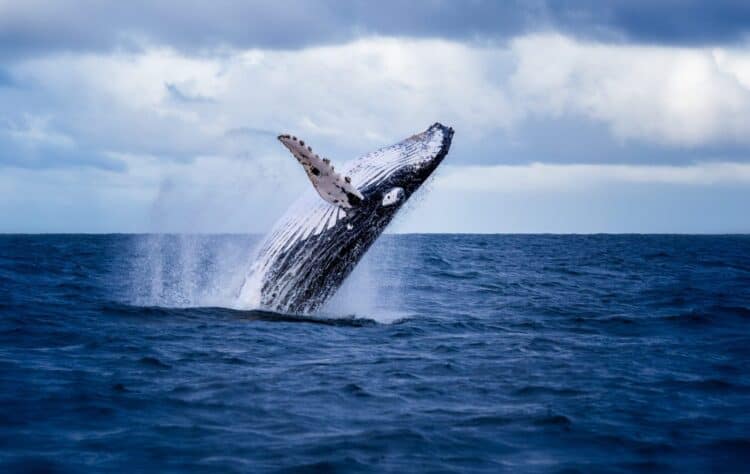
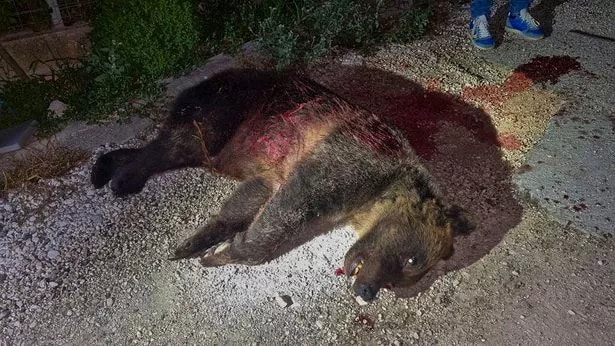
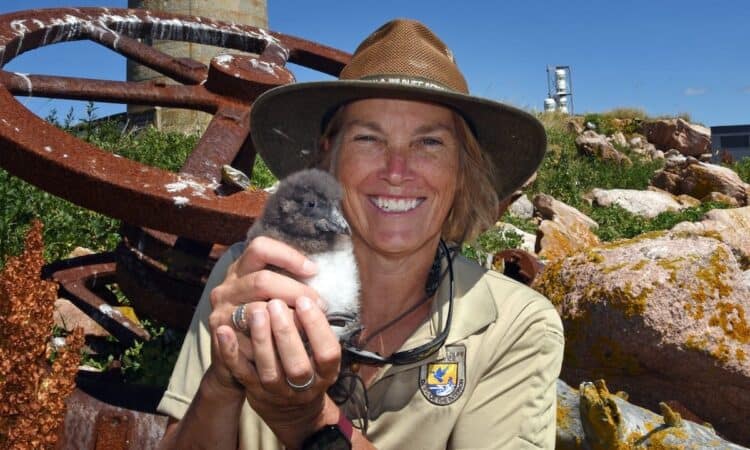
Leave a Reply